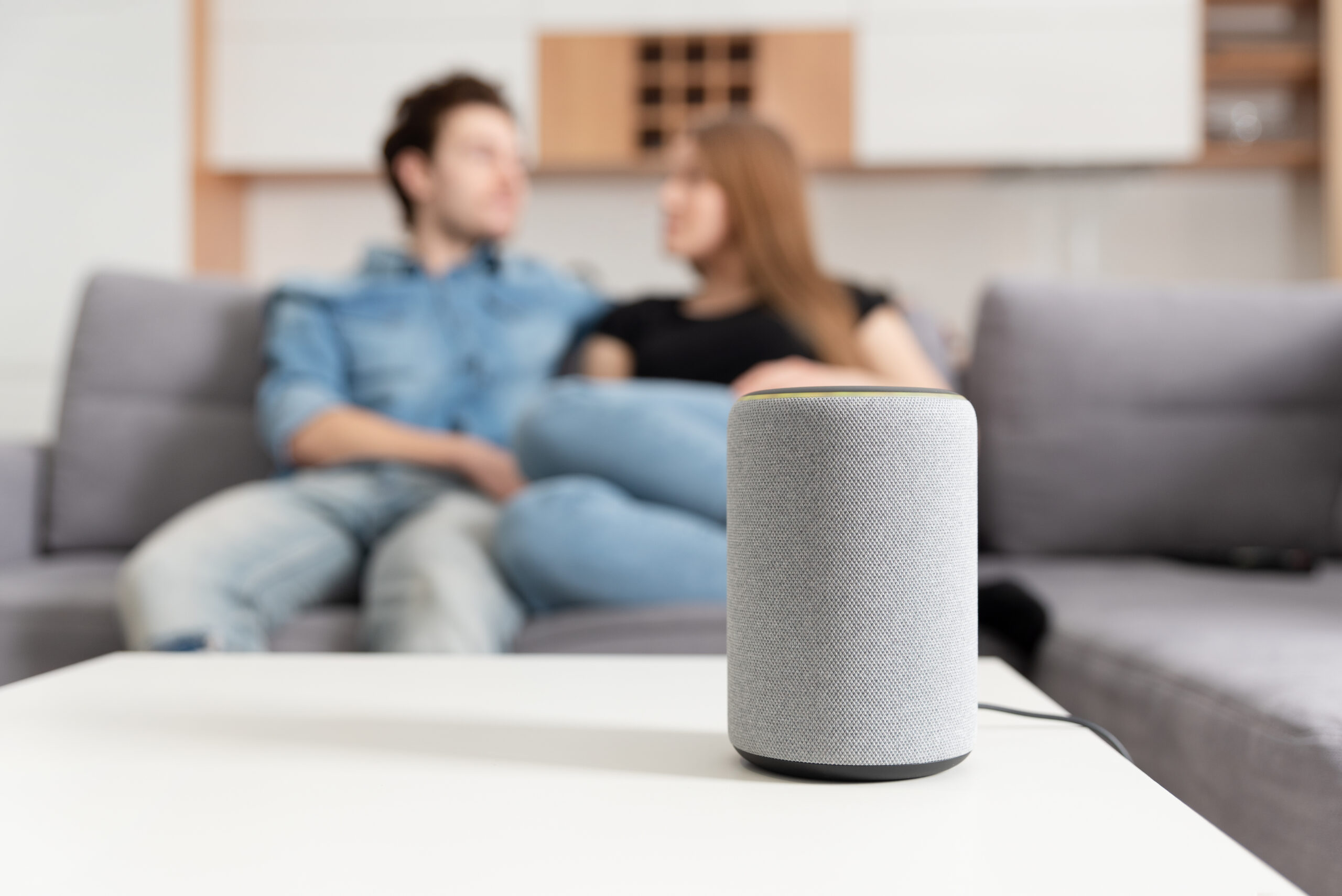
Have you ever had a conversation about a topic, and then later that day you start seeing news, ads, or updates about that subject, and said to yourself, "This can't be a coincidence"?
Well, you're probably right.
According to Norton, who you may remember as an antivirus software company and who now also owns LifeLock, the answer to the question "are your devices listening to you?" is yes, because that's their job.
However, you probably didn't realize how much they are listening to you or what they do with the information they collect.
In this blog, you'll see that your devices are listening to you and using and distributing the information they get, and how to protect yourself while still using the features these smart devices offer.
Chances are when you activated Siri, Alexa, or Google Assistant, it asked you to accept the terms and conditions, which you did, without reading or listening to them.
A quick search of the terms for Siri (https://www.apple.com/legal/privacy/data/en/ask-siri-dictation) advises you that:
When you use Siri and Dictation, your device will send other Siri Data, such as:
- Contact names, nicknames, and relationships (for example, "my dad"), if you set them up in your contacts
- Music and podcasts you enjoy
- Names of your devices and those of your Family Sharing members
- Names of accessories, homes, scenes, shared home members in the Home app, and Apple TV user profiles
- Labels for items, such as people names in Photos, Alarm names and names of Reminders lists
- Names of apps installed on your device and shortcuts you added through Siri
And Google states (https://policies.google.com/privacy):
- We will share personal information outside of Google if we have a good-faith belief that access, use, preservation, or disclosure of the information is reasonably necessary.
- We may share non-personally identifiable information publicly and with our partners – like publishers, advertisers, developers, or rights holders. For example, we share information publicly to show trends about the general use of our services. We also allow specific partners to collect information from your browser or device for advertising and measurement purposes, using their own cookies or similar technologies.
These are just some of the highlights from their privacy policy, which is a lengthy 15 pages.
You've got to remember: the privacy policy isn't there to protect you – it's there to protect the companies that create them!
So, what do you do? Do you stop using smart devices, get rid of your phone, and build a house in the woods?
That's probably a little extreme for most, so here are two things that actually make sense:
First, you can take some basic actions to disable a few of the smart device listening features built into your devices. Norton (the antivirus people) has a three-step way to do that at: https://us.norton.com/blog/how-to/is-my-phone-listening-to-me
Second, you need to know that if your data is going to be stolen, it's probably NOT through Alexa, Siri, and/or Google.
Most data breaches come from malicious links in e-mails; old, unpatched security vulnerabilities in software; and unsuspecting employees taking actions they shouldn't be taking.
These risks can be mitigated and monitored, and existing vulnerabilities can often be eliminated, simply by having the right software updates installed.
While it's a little weird that Apple may know that your favorite musician is actually Taylor Swift, it's much worse if your company data gets stolen or locked down and you're out of business until you pay ransom to hackers.
Click here to schedule a brief 10-minute call to discuss your situation, needs, and concerns. If appropriate, we can conduct a simple security assessment for free to know for sure if your network and data are safe.

